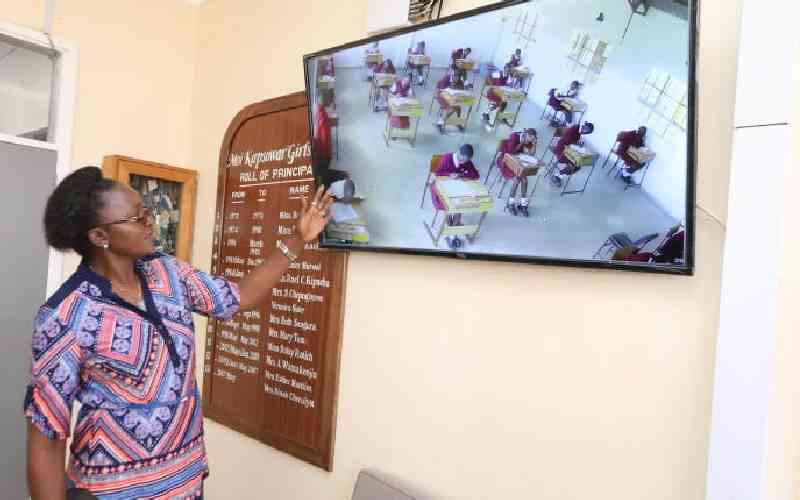×
The Standard e-Paper
Fearless, Trusted News

MPs are blaming two government agencies for abetting exam cheating by shielding perpetrators.
The National Assembly Education Committee faulted the Communication Authority of Kenya (CA) and the Directorate of Criminal Investigations (DCI) for not doing enough in the management of national examinations.